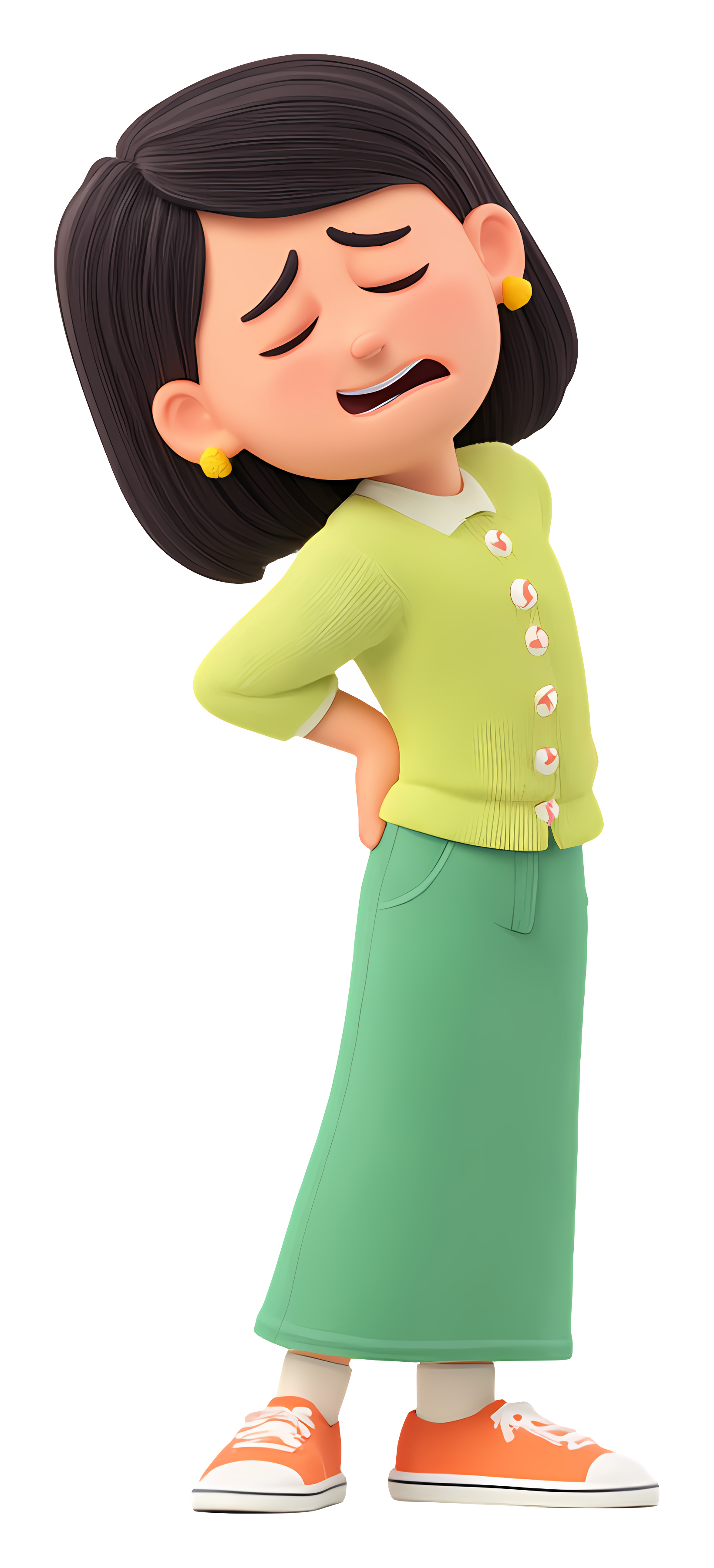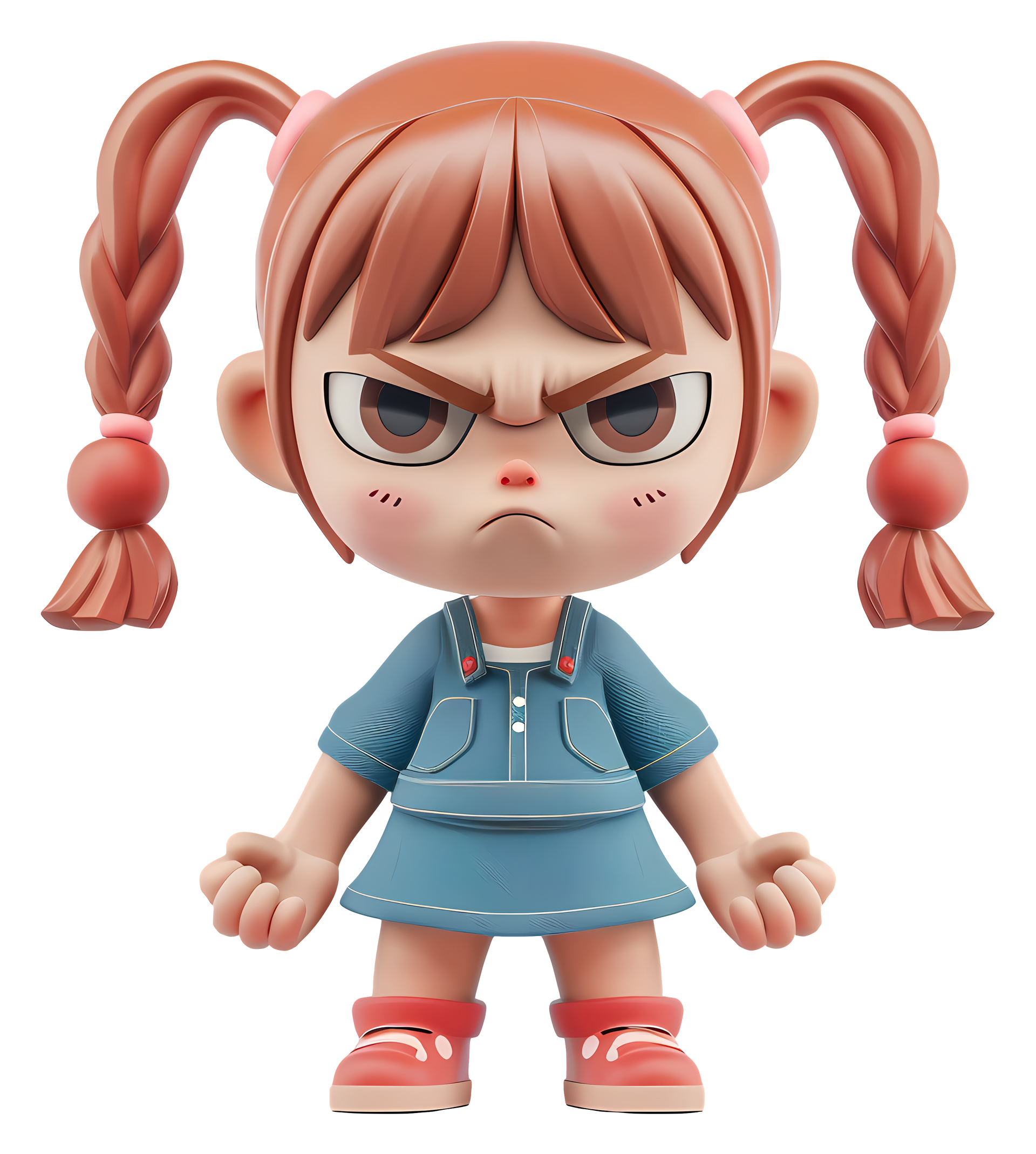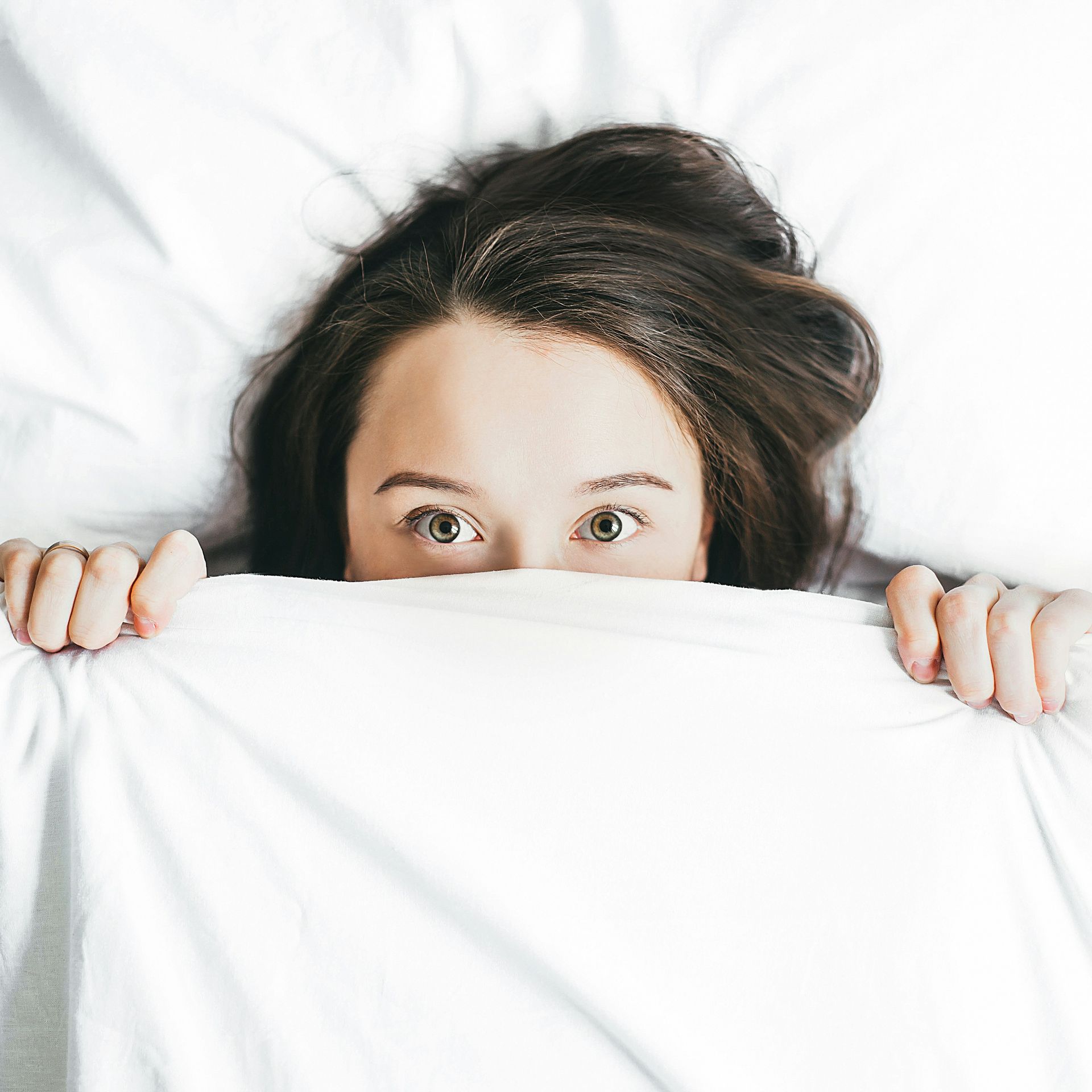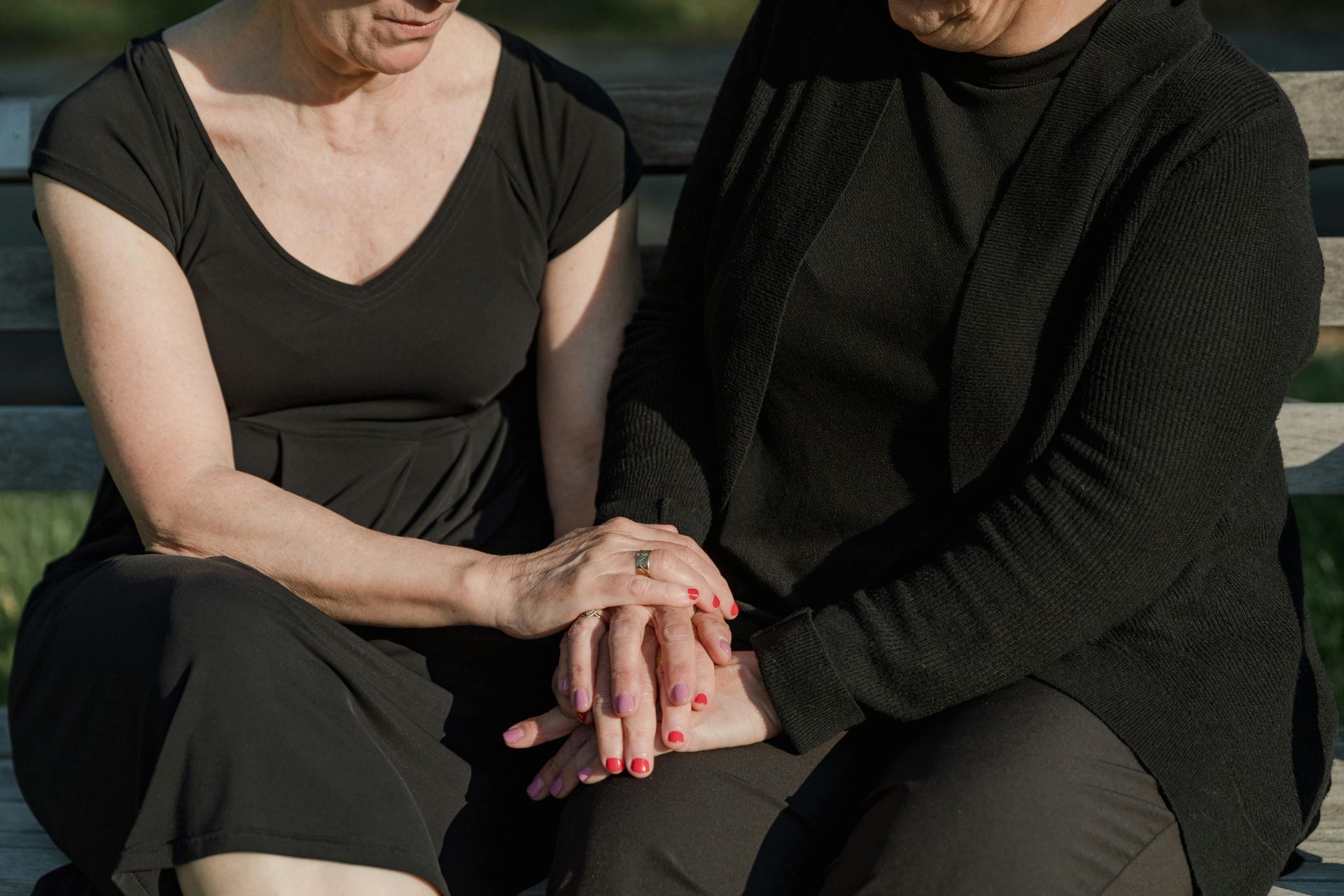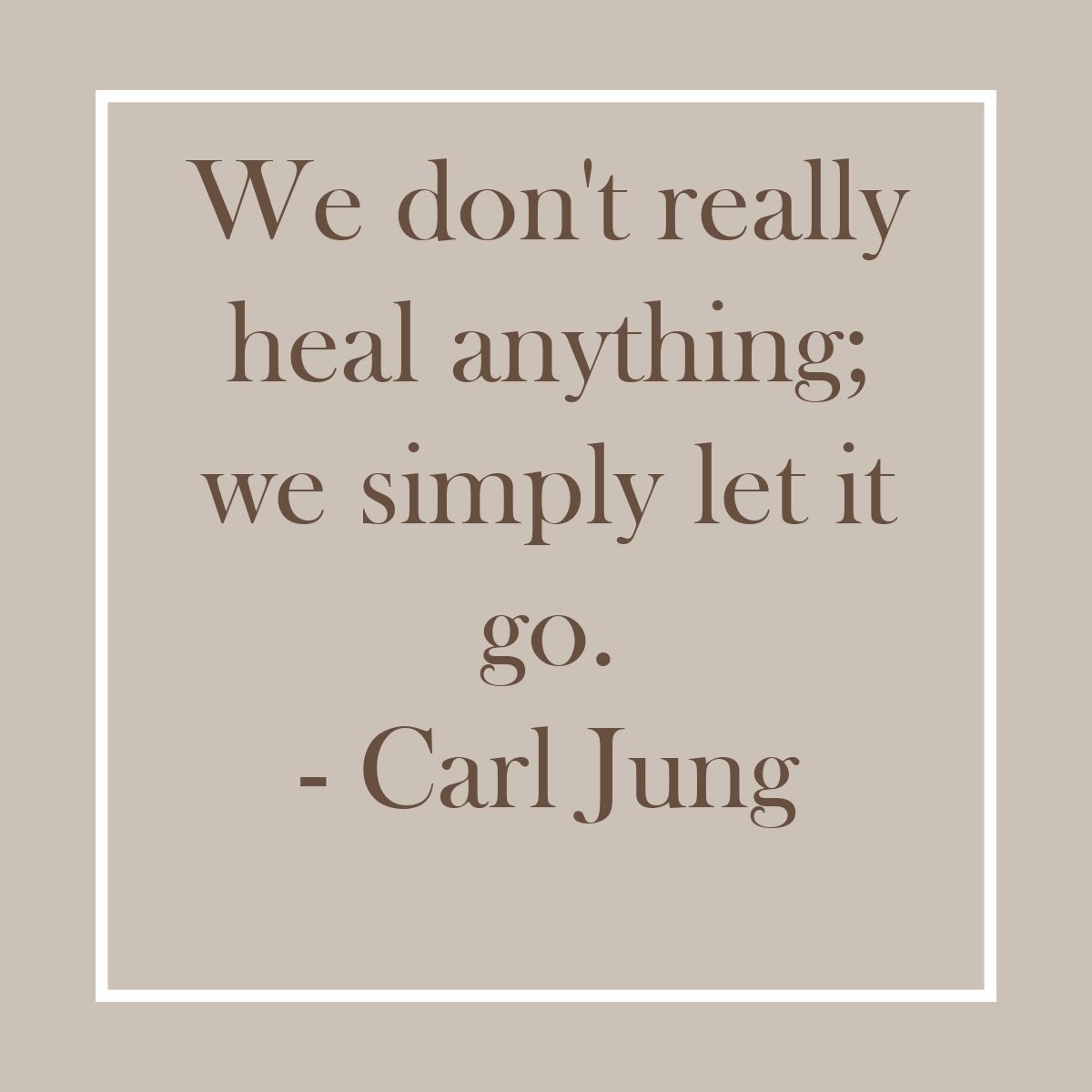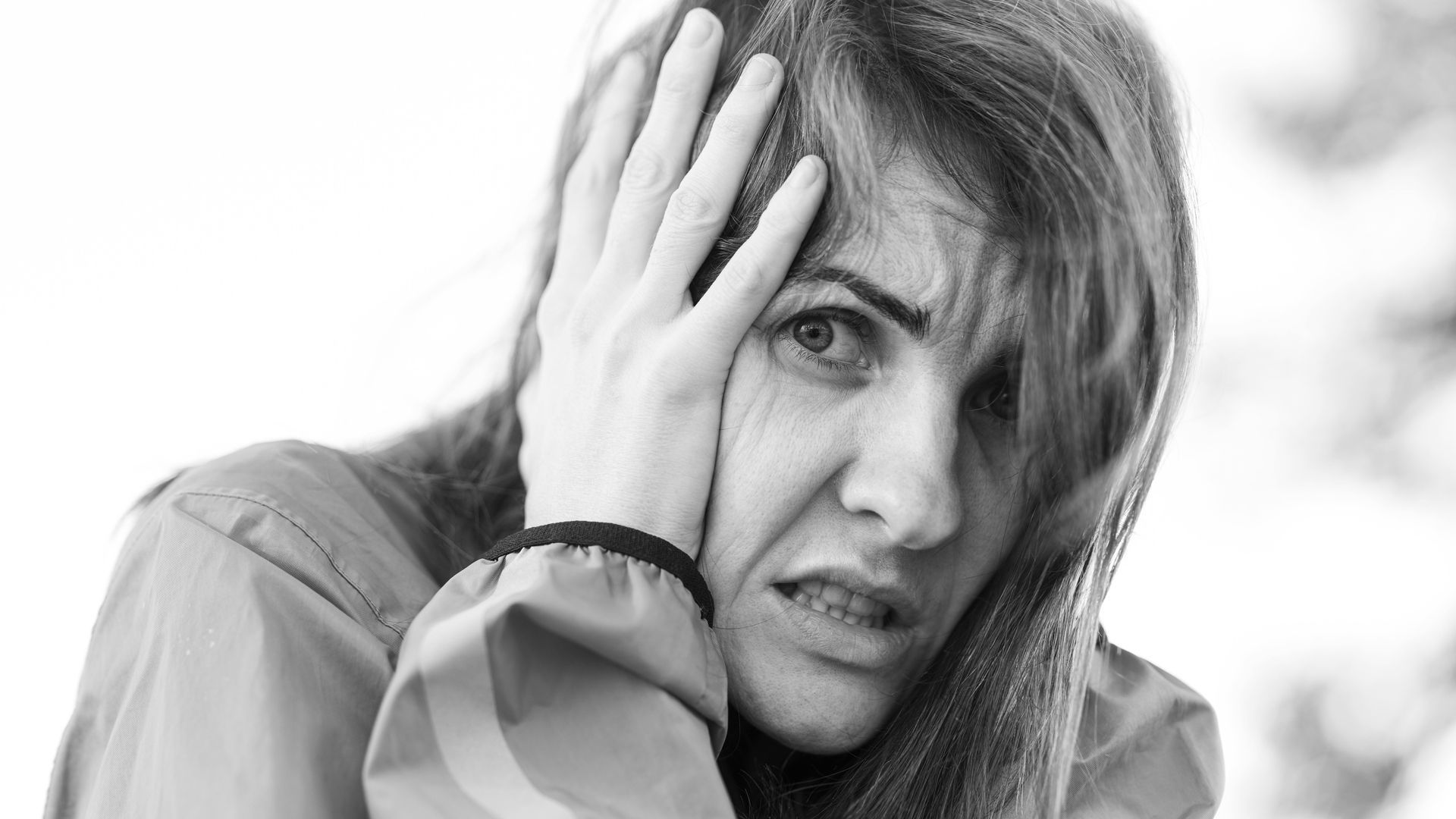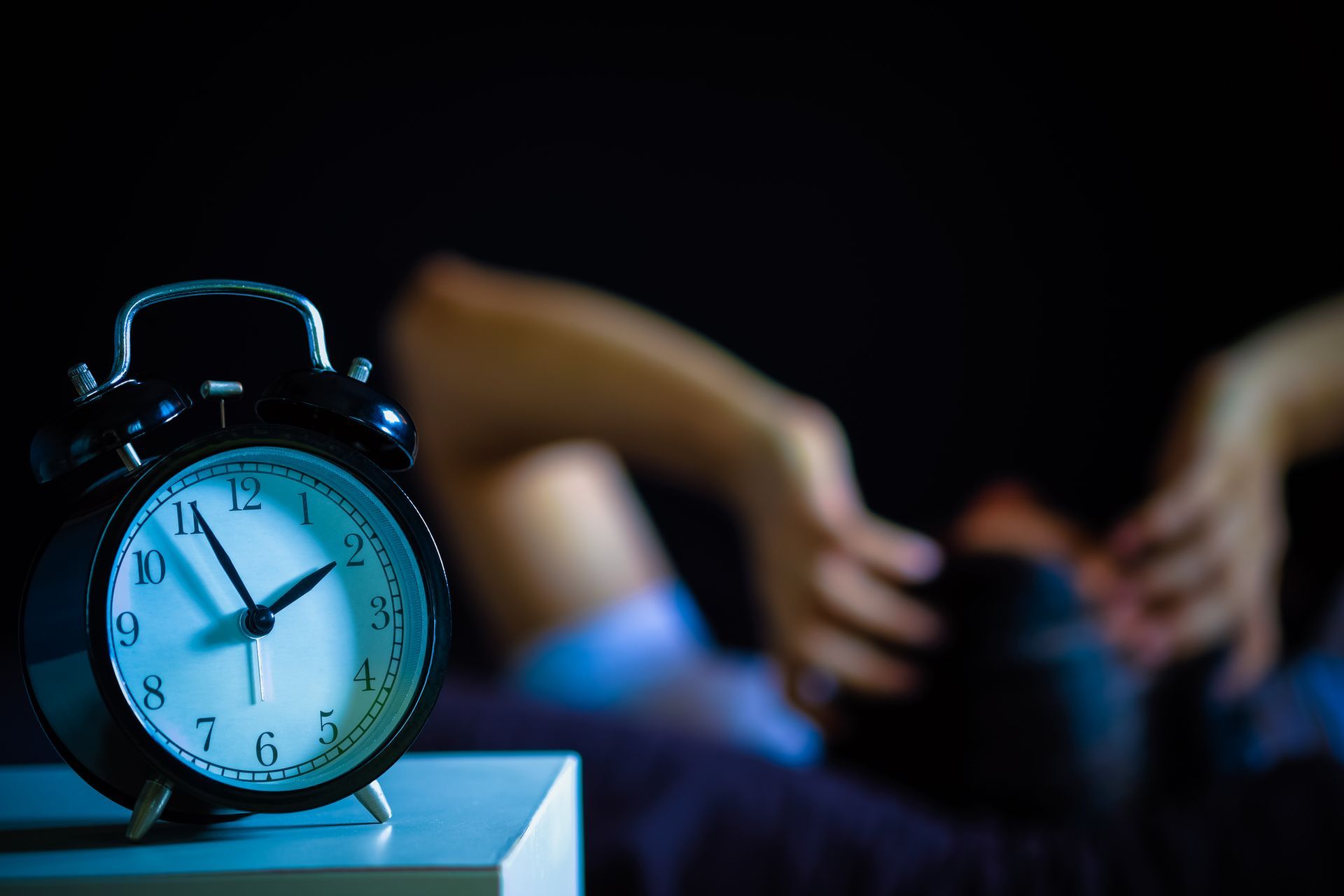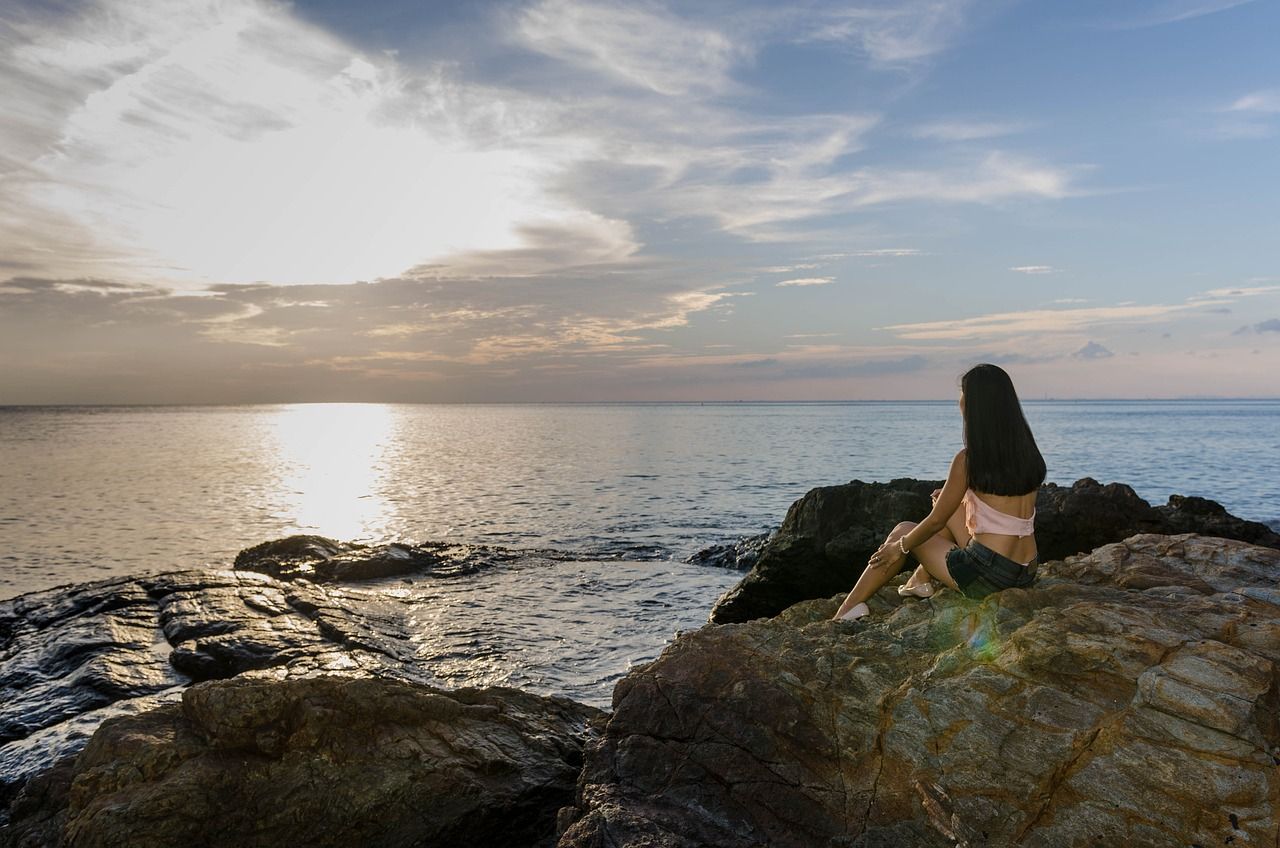Myth: Everyone needs to drink eight glasses of water a day
This one has been circulating around for a while. In fact, you won’t be able to find a health professional these days who even knows where exactly it came from. And with the number of times that this assertion has been cited, one would think that a scientific study from whence it originated would be well-documented!
There are two parts to the myth and both warrant addressing. First, is the eight glasses (64oz) part, and second is the water part.
First, the amount of water a person needs is dependent on a number of factors, including one’s size, activity level, climate, and any exceptional fluid losses (eg. perspiration, vomiting, diarrhea etc.). For a person who is in a climate-controlled environment, and not experiencing any extra losses, dietitians have a number of methods of calculating fluid needs. The method I use most often is based on caloric intake…fluid needs = 1ml/kcal. Meaning, for someone on a 2000 calorie-diet, needs are calculated as 2000mL (or approximately 8 cups!) So, the 8-cup rule is not terribly far off the mark as most people consume somewhere between 1400-2400 kcal/day, which translates to about 6-10 cups daily.
The second part of the myth is that everyone should be drinking water
specifically to meet these needs. That is untrue. The term fluid
is more appropriate. Juice, milk, coffee, tea, pop…all of these beverages are primarily water, and they all count towards our daily intake. Even foods
that have a high water content help to satisfy our fluid needs. Some examples include fruits, vegetables, soups, pasta, oatmeal, yogurt, jello, and yes, even ice cream. Some people who drink very little but consume mostly high-fluid foods may still be perfectly well hydrated.
Some people who drink very little but consume mostly high-fluid foods may still be perfectly well hydrated.
Notably, alcohol does not make the list because it acts as a diuretic. Alcohol interferes with the production of ADH (anti-diuretic hormone) whose normal function in the body is to conserve water; without it we lose more fluid through urine than we take in. Ever had a hangover from drinking too much? A large part of that is due to the dehydrating effect of alcohol.
So how much fluid is right for you? It’s actually easy to tell. Every time you go to the bathroom, check the colour of your urine: if it is pale yellow to clear, you are doing fine. If it is dark coloured or foul-smelling, you need to drink more.
Do I think we should all be drinking more water vs other beverages? Yes. But the relative merits of water over the others is something that can be left for another day. For now, just be sure to drink (and eat!) your fluids. It is essential for health.
